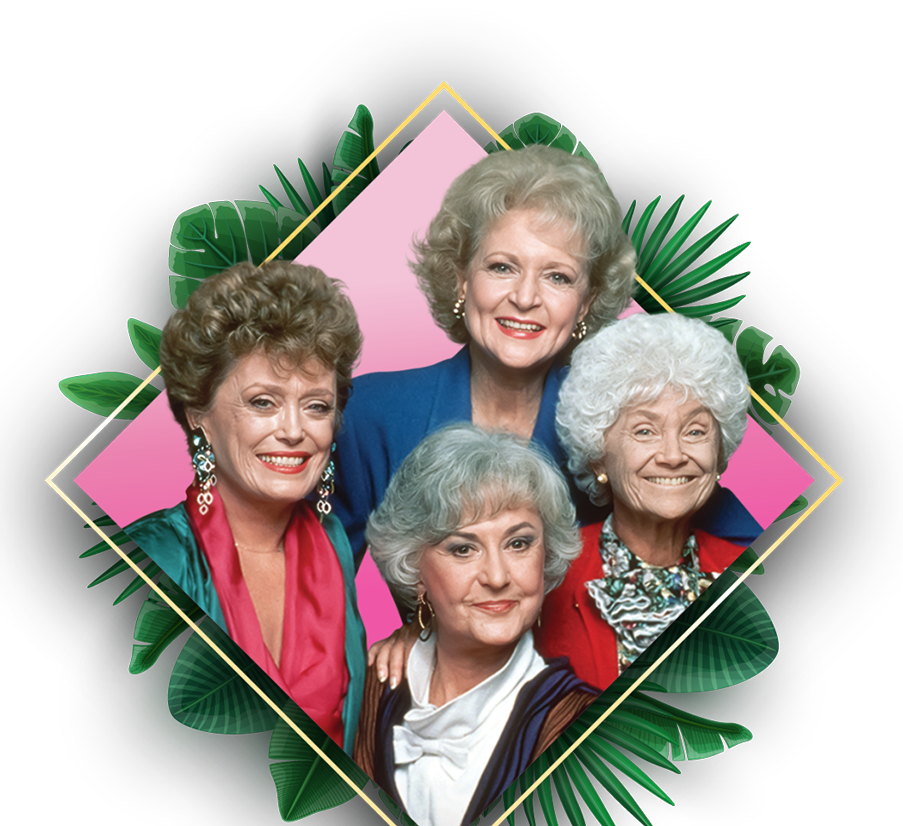William Shatner's odyssey of reinvention
A journey from serious actor to post-ironic icon

William Shatner has had three distinct careers. First, there was the "serious actor" Shatner whom we all loved in Star Trek. He could carry any scene with gusto, lending a rugged bravado to any project he was in. Clearly, there was something special about this part of his career, because no matter what Shatner's done since then, most folks still identify him with James Tiberius Kirk.
Then, around 1997, something began to shift. The snake ate its tail, and the spaceman began reflecting inward. Was the bravado a put-on? Was this has-been in on the joke? There was a marked change in the roles Shatner took. He appeared on Third Rock From the Sun, and did a bunch of Priceline ads where he was a character called "The Negotiator." This was Shatner as self-parody.
Shatner was aware of the change and spoke about it with AP National Writer Ted Anthony.
"Something's happened out there," said Shatner in 2008. "People are perceiving me as funny, and they want funny things from me." Whether or not this trajectory was planned out or adapted to, Shatner laughed all the way to the bank. Reinvention helped him stay relevant.
Then came Denny Crane, Shatner's character on Boston Legal, and the key to his career's third arc. He was back on TV, combining the serious and the comedic.
"I've obviously had those instruments at my call," said Shatner, "but the opportunity to use them wasn't there."
Suddenly, Shatner was no has-been anymore. Or was he? Now he was winning Emmys. But he also returned to his weird habit of making spoken-word concept albums. But guess what? It worked. Shatner was committed to the bit but also unveiled hints of something deeper.
In his song "Real" with Brad Paisley, Shatner sang "I'd love to help the world in all its problems. But I'm an entertainer— that's all."
Robert Thompson, a Syracuse University television and pop-culture historian, succinctly summarized Shatner's legacy:
"Shatner is THE epitome of the post-ironic, 21st-century American cultural attitude. He's completely taken the entire history of American mass entertainment from radio days to the present and melded it into a character that's completely contemporary.
"I'm going to be teaching that guy 50 years from now in my history of television classes if I'm still alive."


































